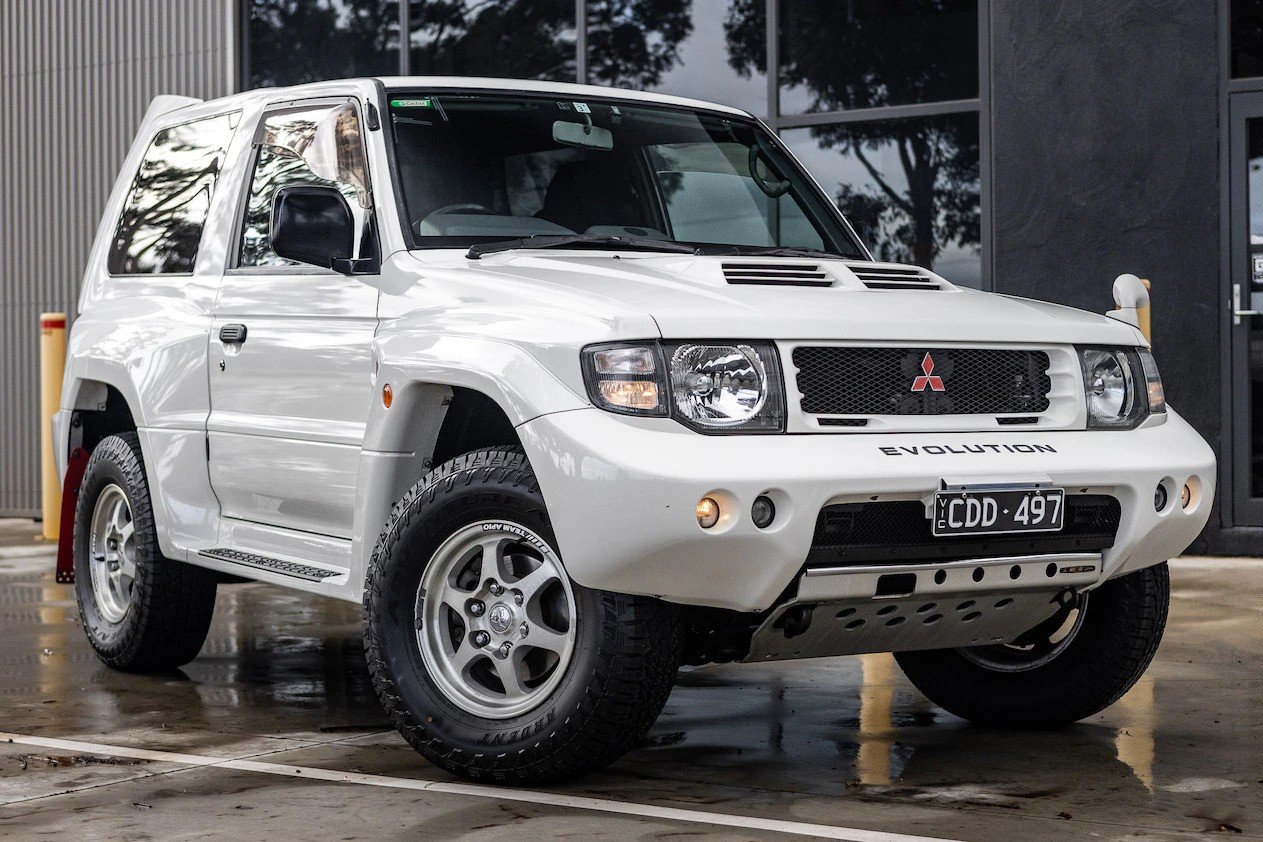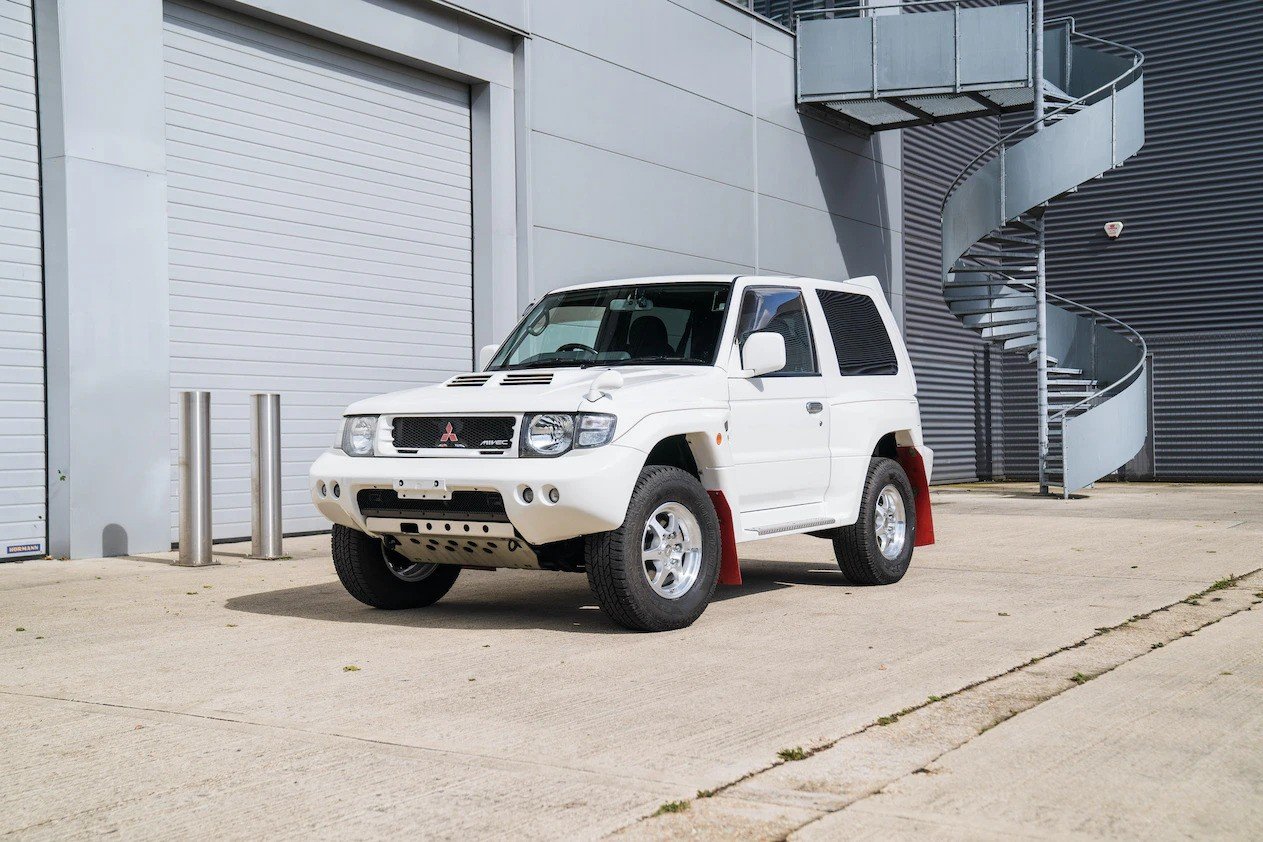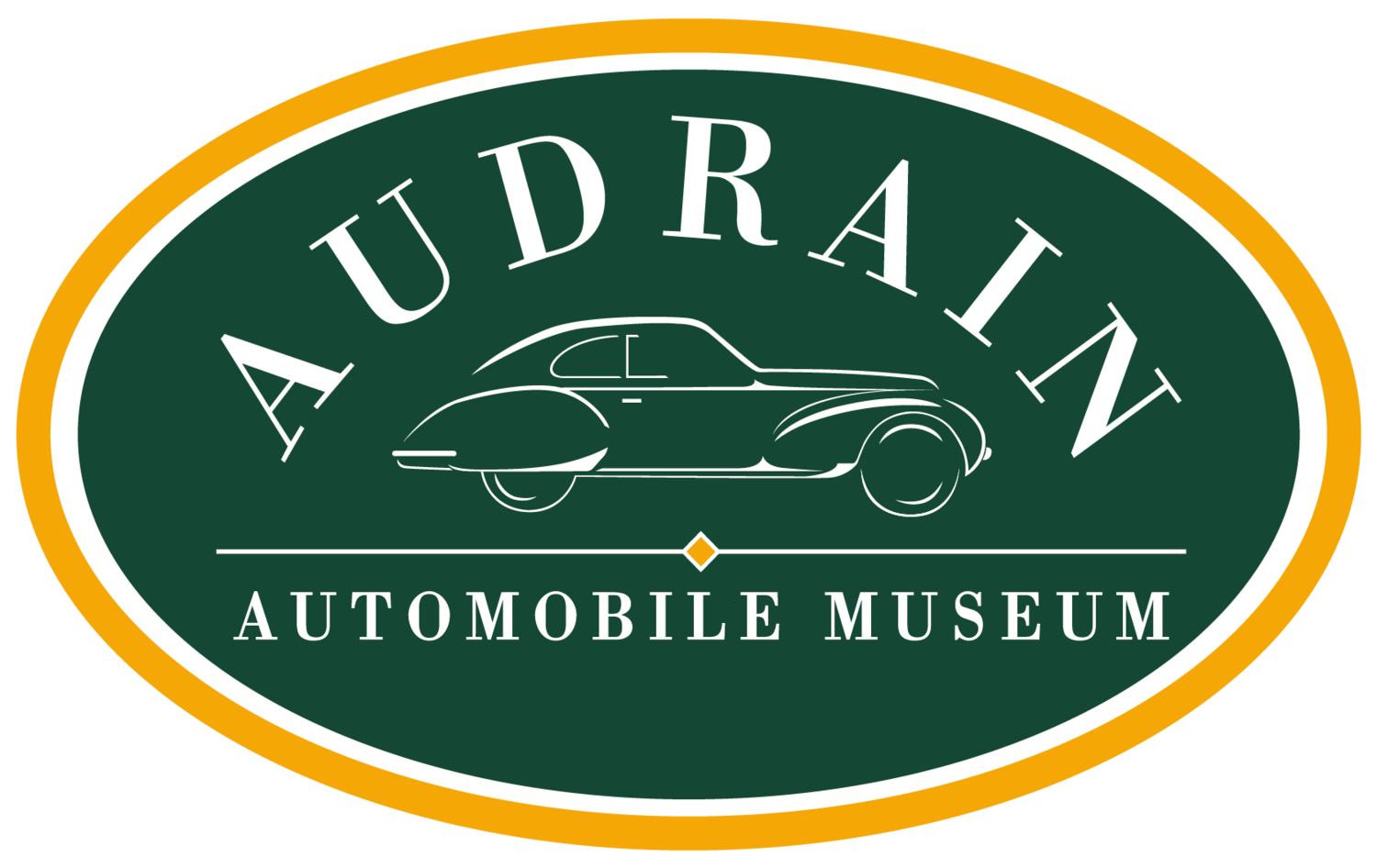1998 Mitsubishi Pajero Evolution Homologation
Lent by Redline Restorations, Bridgeport Connecticut


Purpose built to homologate the Pajero for the Paris-Dakar Rally
12 Paris-Dakar Rally victories
Earned Mitsubishi the title of ‘Most Dakar Rally Wins by A Manufacturer’ in the Guinness Book of World Records
First introduced in 1982, The Mitsubishi Pajero was meant to be nothing more than a domestic replacement for the Monteros and Dodge Raiders they were already producing for the US Market. However, when Mitsubishi’s racing division caught a glimpse of what lied beneath the SUV’s subdued skin, they saw a potential contender. With a stout 2.6L 4-cylinder engine, independent front suspension, and four-wheel drive, the Pajero was prepared to face just about any terrain.
To test this theory, Mitsubishi Motors would enter their freshly-made machine in the most grueling off-road race known to man — the Paris-Dakar Rally. They turned up to the 1983 event with four Pajeros and managed to drive away with 1st and 2nd in their class — quite an accomplishment for the vehicle’s race debut. In the following years, a series of small adjustments would keep them extremely competitive and help them capture both class wins and overall wins. In fact, they would take 1st place overall three times from ‘85 to ‘93 before being interrupted by a long reign from Peugeot.
For 1997, the Pajero would see its most radical, road-legal version to date — the Pajero Evolution. Massive fender flares, mud flaps, a dramatic spoiler and a bulging hood were all just the visual tip of the iceberg. Double wishbone front suspension, multi-link rear suspension, heavy-duty skid plates, and a 3.5L DOHC V6 rated at 276 horsepower and 256 lb-ft of torque, were the real proof that the Pajero Evo was built for the sole purpose of homologation and reigniting Mitsubishi’s Dakar dynasty.
The update worked and Pajero took home consecutive wins in 1997 and 1998. And to add insult to injury, they would place 2nd and 3rd as well, filling the podium with Mitsubishi drivers. Another short stint would see them narrowly miss 1st place before coming back swinging in 2001 and retaining the title for six years straight.
Specifications
Engine: 3.5-litre 24-valve DOHC V6
Horsepower: 276 hp
Torque: 256 lb-ft
Drivetrain: Four-Wheel Drive, Five-Speed Auto
0-60 MPH: 6.9 seconds
Top Speed: 130 mph
Weight: 4343 lbs

